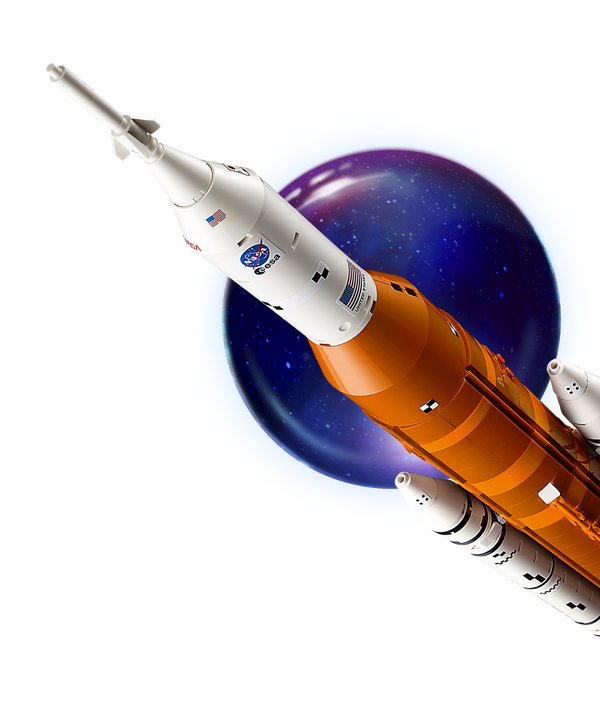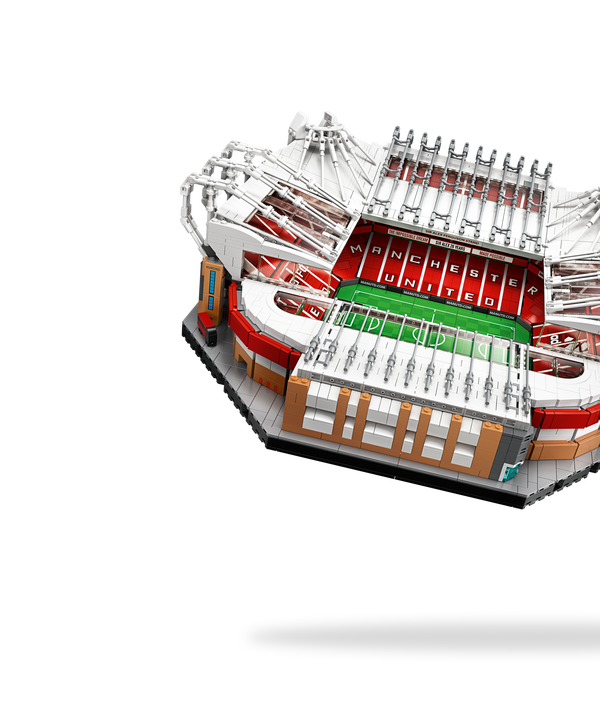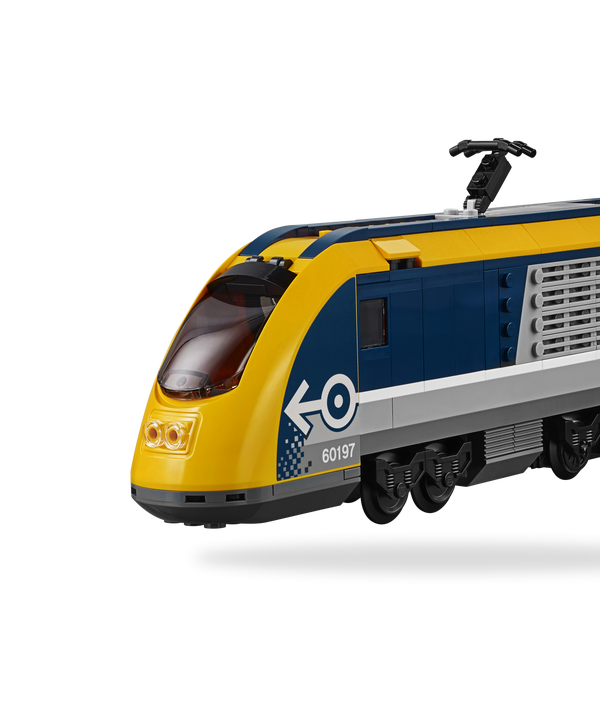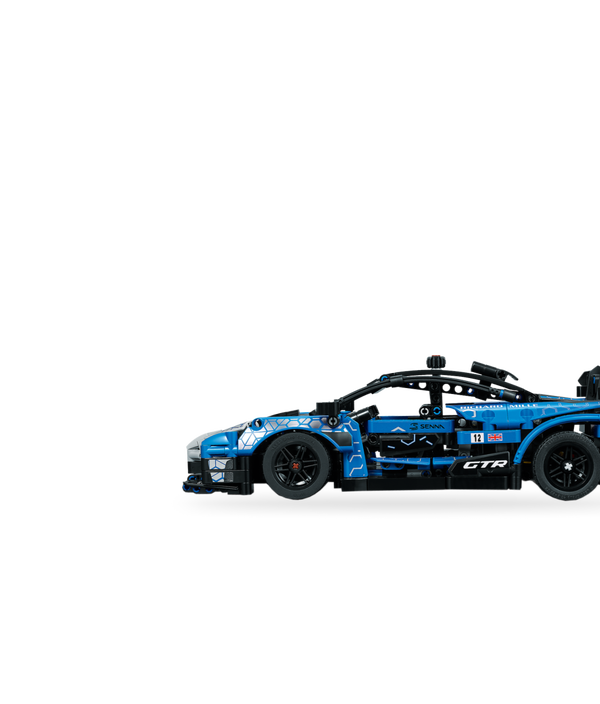Top 5 curiosity benefits
Childhood is a really special time, where your kid’s curiosity makes them want to know practically everything about everything. Their developing minds are teeming with questions, some of which they may ask you about, whereas others they’ll aim to find answers to on their own.
A toddler’s insatiable sense of wonder is truly special. If you can encourage curiosity in preschool kids, this will be a gift they can benefit from for the rest of their lives. As well as fueling their desire to learn, there are countless benefits for children with a curious mind.
1. Curious kids have better instincts and survival skills
Survival instincts aren’t just for adventurers and people stranded on desert islands: they’re an important part of everyone’s skillset as they help us to stay vigilant and be adaptable to an ever-changing environment.
As toddlers explore the world around them and seek new experiences, they teach themselves to be ready for different eventualities. By discovering new things that continue to surprise and delight them, they learn to expect – and love – the unexpected.
2. Curious kids are happier and healthier
Building curiosity in young kids may well contribute to both short and long-term happiness. More curious people tend to experience greater positive emotions and have less anxiety. This in turn helps them feel more satisfied in life, which contributes to better psychological well-being.
In short, this means that by nurturing your preschool kid’s curiosity, you’re giving them a better chance to live a healthier, happier life.
3. Curious kids are more self-aware
Curiosity lends itself to all aspects of life. It doesn’t only encourage toddlers to question the world around them, it can lead them on a quest for self-discovery as they become curious about themselves as well.
This curiosity to better understand their mind and personality can often lead them to question their perceptions and better themselves by acquiring new skills.
4. Curious kids are more empathetic
As well as wanting to know more about themselves, curious toddlers are also interested in the people around them, which is key to developing connections with other children and adults.
Such an interest in people can lead kids to gain an even greater understanding of the world through the eyes of others. By engaging with other people and learning about their values, experiences, perspectives and beliefs, children develop greater empathy for everyone.
5. Curious kids are better problem-solvers and more knowledgeable, accomplishing more socially and academically
A toddler’s curiosity actually helps the brain to prepare for learning, making curious children adept problem-solvers. It’s no wonder that studies have shown that curious kids are more likely to succeed academically. Because they’re genuinely interested in things they don’t yet know or understand, curious children find it much easier to get involved and put considerable effort into learning something new.




